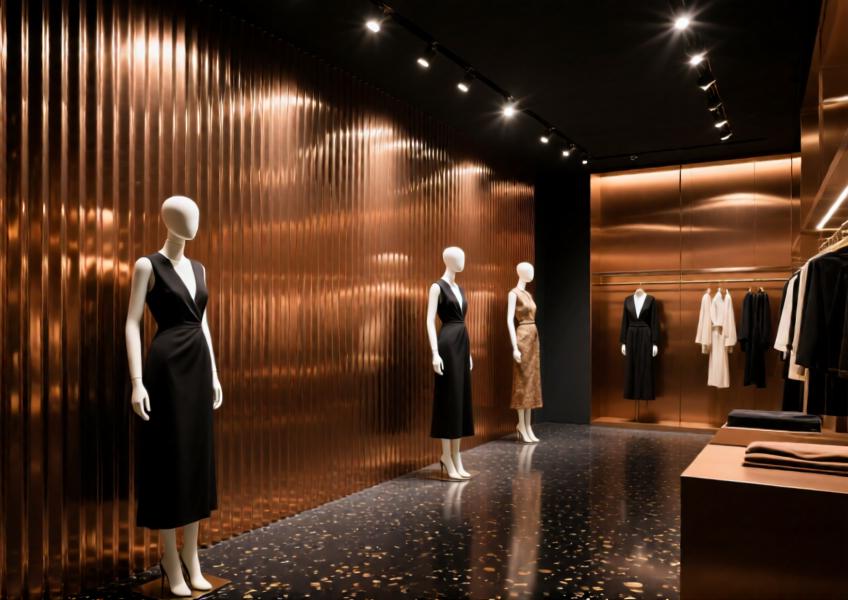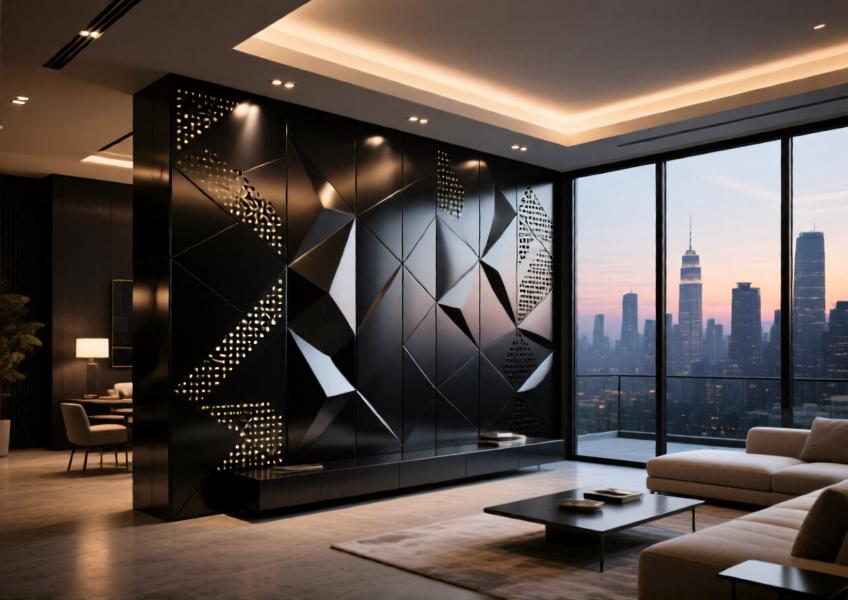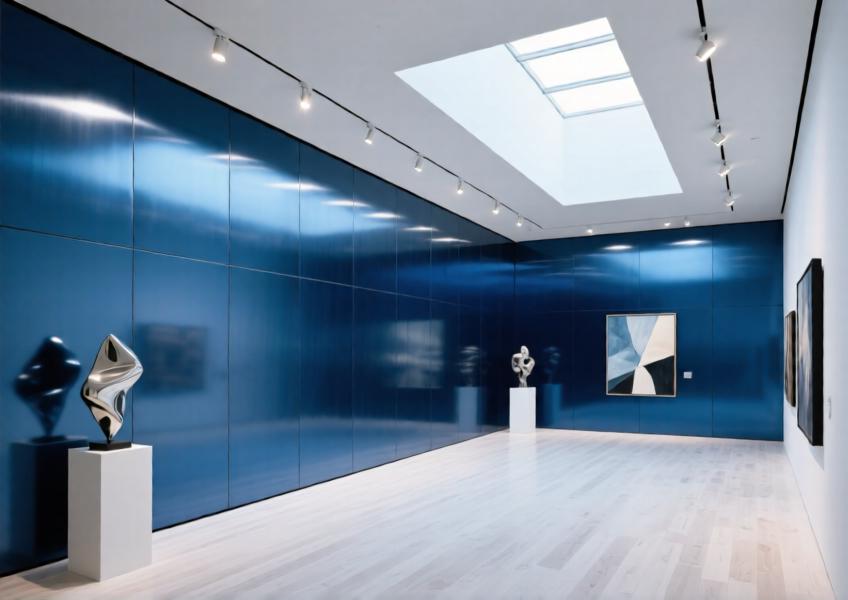

Aluminium panels for walls have become a cornerstone in contemporary architectural design, especially within commercial and high-end residential interiors. Their versatility, durability, and aesthetic appeal make them a preferred choice for designers and engineers seeking to merge functionality with visual impact. As building standards evolve and sustainability becomes a central concern, these panels offer a compelling solution that meets both technical and artistic demands.
One of the most striking advantages of aluminium panels for walls is their adaptability. Available in a wide range of finishes, textures, and colors, they can be tailored to suit minimalist office lobbies, luxurious penthouse interiors, or dynamic retail spaces. Unlike traditional materials that may require extensive maintenance, aluminium offers excellent resistance to corrosion, moisture, and wear, making it ideal for high-traffic environments. In commercial settings such as airports or corporate headquarters, this resilience ensures long-term performance with minimal upkeep.

In high-end residential projects, aluminium panels for walls are increasingly used to create signature feature walls or seamless façade transitions between indoor and outdoor living areas. Their lightweight nature allows for intricate geometric designs and custom perforations, enabling architects to play with light, shadow, and spatial perception. For instance, a luxury villa in Shanghai recently incorporated brushed aluminium wall panels with laser-cut patterns to create a dynamic backdrop in the living area, blending modernity with a sense of craftsmanship.

Beyond aesthetics, sustainability plays a key role in the growing popularity of aluminium panels. As a fully recyclable material, aluminium aligns with green building certifications such as LEED and WELL. Many manufacturers now offer panels with high recycled content, further reducing the environmental footprint of interior construction projects. This makes aluminium panels for walls not just a design choice, but a responsible one.
From a technical perspective, the ease of installation and modular adaptability of aluminium panels also contributes to their appeal. Prefabricated panels can be precisely manufactured off-site, reducing construction time and on-site waste. This efficiency is particularly valuable in large-scale commercial developments where time and cost control are critical. Whether used in a sleek high-rise office or a private art gallery, aluminium panels for walls represent a forward-thinking approach to interior architecture that balances innovation with enduring quality.
